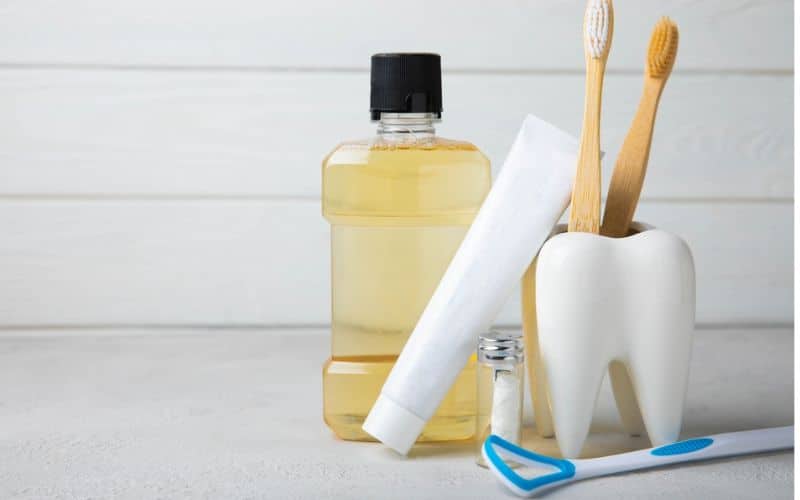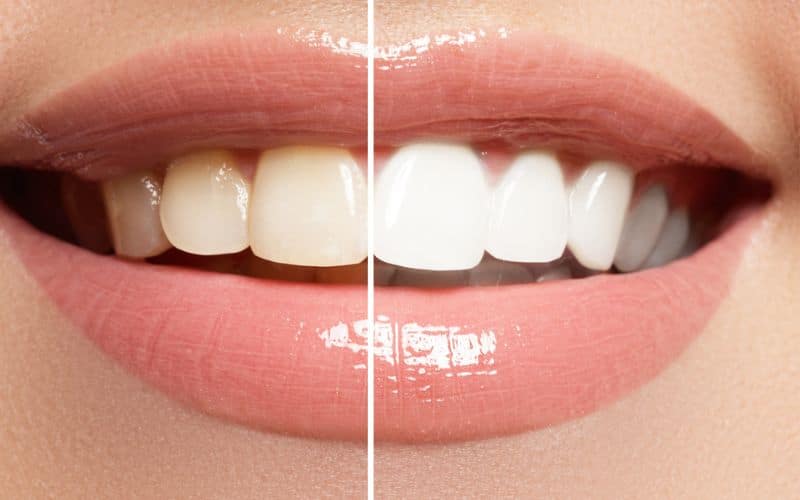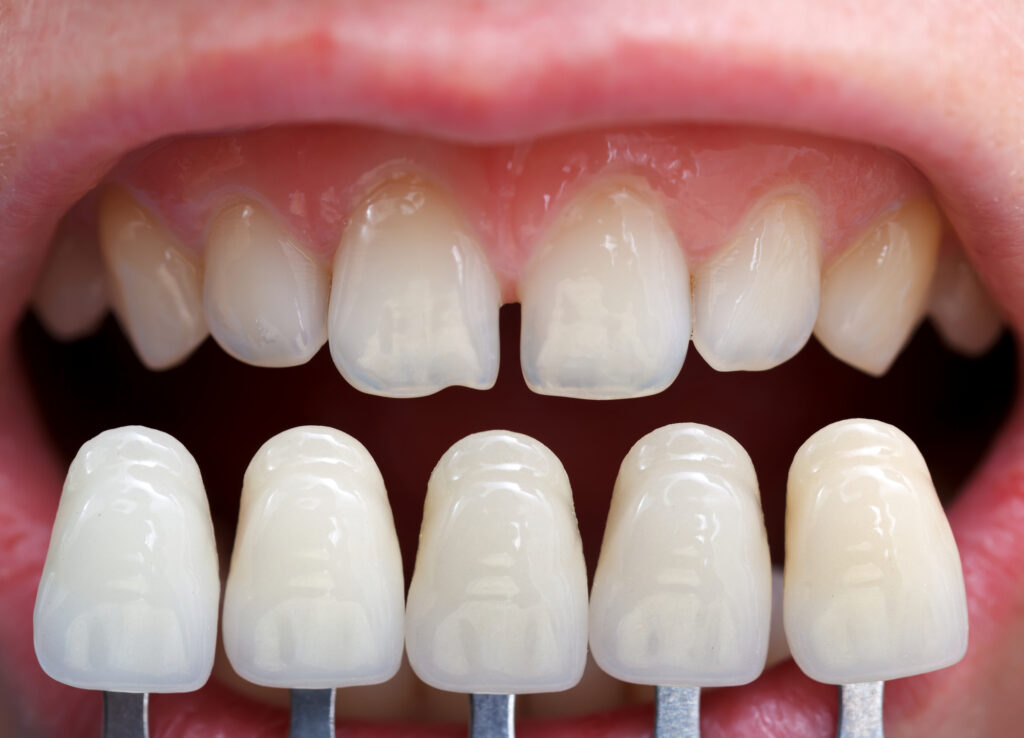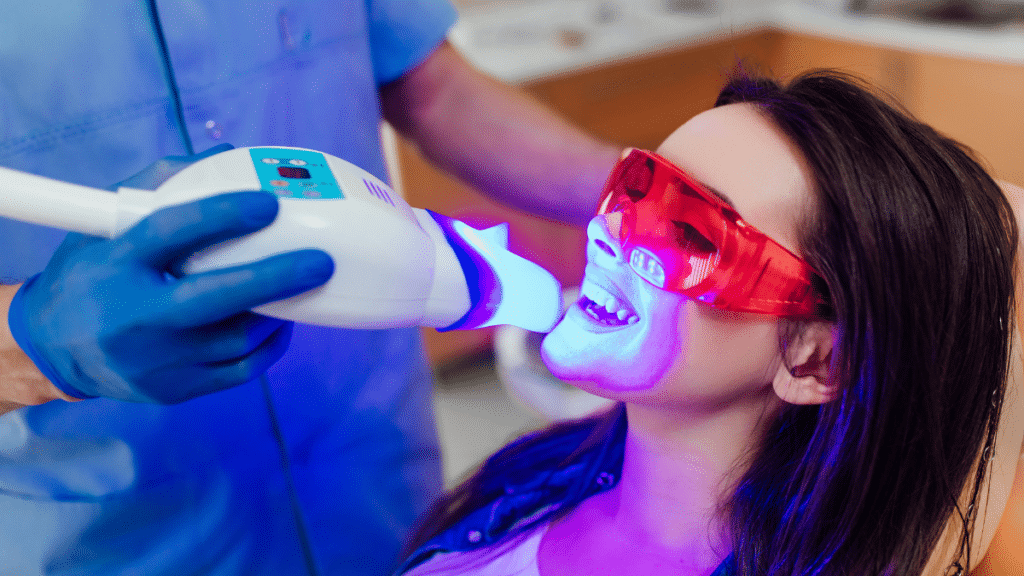An HSA (Health Savings Account) or FSA (flexible spending account) is a valuable tool to help cover healthcare expenses that may not be covered by your insurance. However, many people are curious if they can use their HSA for teeth whitening.
The list of eligible dental expenses is extensive, but some items may not be covered by your HSA. The key to determining whether an expense is eligible or not is tied to a specific medical issue.
Medically Necessary
When it comes to dental expenses, there are certain things that can’t be paid for with HSA or FSA funds. These include any procedure not deemed corrective or preventative by the IRS and anything considered cosmetic.
This is the case for teeth whitening, which is generally considered to be a cosmetic procedure. However, it might be possible to get a case accepted for the treatment if you can make a convincing argument that it is medically necessary.
This is because the stains that cause tooth discoloration are often caused by medication or other health conditions. If you can prove that removing the stains is necessary to treat your condition, then it may be possible to use your HSA funds for the treatment. However, be sure to consult your dentist and doctor before attempting this as it is not guaranteed to be approved.
Cosmetic

Savvy health-conscious individuals know that Health Savings Accounts (HSA) are great tools for lowering the cost of medical expenses. However, many are unaware that HSAs can be used to pay for dental expenses, too! Typically, HSA funds are used to cover the costs of procedures that may not be covered by your regular dental insurance plan. An HSA can also be paired with a Limited Purpose Flexible Spending Account (LPFSA) for additional savings.
While teeth whitening is generally considered cosmetic and not covered by most standard dental insurance plans, it can still be reimbursed from HSAs and FSAs (if the expense qualifies as a “qualified” medical expense). However, it is important to check with your healthcare provider or the administrator of your HSA/FSA before spending money on teeth whitening treatments or products, as they will be able to provide you with detailed information regarding eligible expenses and documentation requirements. Also, it is important to keep in mind that any purchases or expenses that do not qualify as a medically necessary procedure will be subject to taxation.
Preventative
While HSAs and medical FSAs are great tools for paying for the cost of copayments, hospital bills, prescriptions and other eligible expenses, they can also be used to pay for dental costs. However, the IRS limits what can be considered a qualified expense. Only expenses that are deemed corrective or preventative, and not cosmetic, will be eligible for reimbursement.
Generally, teeth whitening is not a qualifiable expense with an HSA, FSA or HRA, as it is a general-use product that doesn’t address a specific problem. However, in some cases, a dentist will deem certain general products to be critical in the treatment of a patient’s underlying health issue, and classify them as dual purpose, which allows you to use your HSA funds for the procedure.
In the event that you do decide to spend your HSA dollars on a non-qualified expense, the funds will remain available for future eligible medical expenditures. The only caveat is that you will have to pay taxes and penalties on the amount that is withdrawn or reimbursed, which can be significant.
Orthodontics

If you have a medical condition that results in discoloration of your teeth, your HSA may be able to cover the cost of whitening treatments. You will need to collaborate with your doctor and submit a letter of necessity. HSA administrators often focus on explicit exclusions while ignoring ambiguous ones, so you need to present a strong case that your treatment is medically necessary and not cosmetic.
HSAs and FSAs are a great way to pay for dental expenses that are not covered by your insurance. They are tax-free when used for qualifying medical expenses, and they can be carried over into the next year.
It’s important to prioritize your dental health so you can avoid the common problems like cavities and gum disease that can lead to a host of medical issues. By using your HSA or FSA, you can save on costly preventative procedures that will keep your dental health in tip-top shape!




